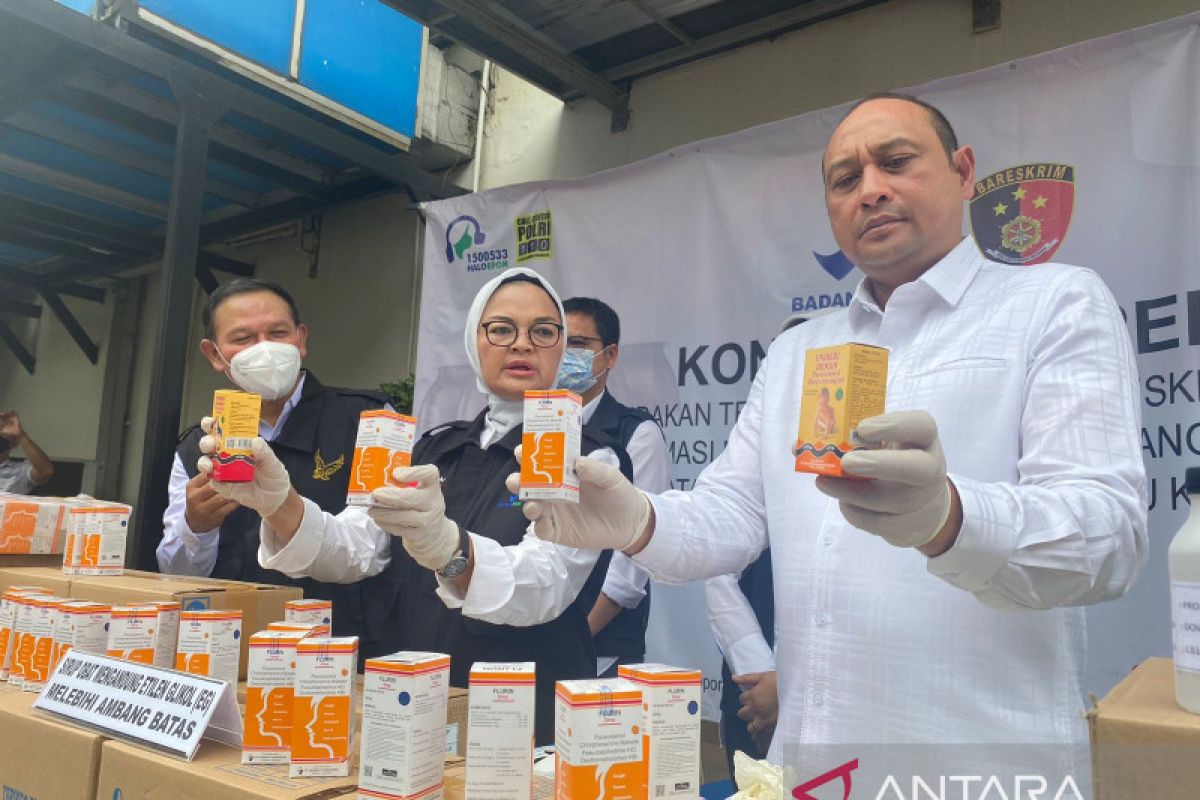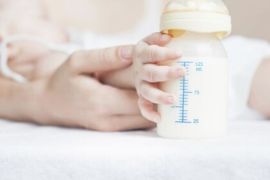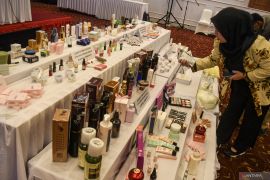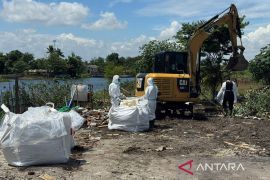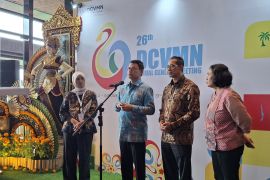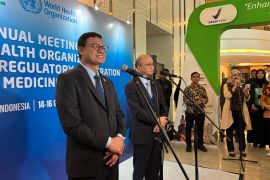"For Afi Pharma's product, it is its paracetamol product. This finding will be developed further," she said at a press conference in Serang, Banten.
Lukito informed that the finding was based on tests conducted by BPOM on samples of a list of 102 syrup medicines submitted by the Health Ministry.
The tests were conducted to determine the feasibility of raw materials used in the medicines since they were suspected to be related to cases of acute kidney injury in Indonesia.
The kidney-damaging contaminant found in the Afi Pharma product was propylene glycol, which exceeded the safety threshold and thereby, triggered ethylene glycol (EG) and diethylene glycol (DEG) contamination in the product, Lukito informed.
The BPOM has completed testing the entire list of 102 syrup drugs reported by the Health Ministry, she said. On the basis of the testing, the products of three private pharmaceutical manufacturers have been found to be contaminated with EG and DEG.
Besides PT Afi Pharma, the contaminants have been detected in products made by PT Universal Pharmaceutical Industries in Tanjung Mulia, Medan, North Sumatra.
Related news: Ministry, BPOM conduct cyber patrols to oversee syrup drug circulation
A joint team from BPOM and the Criminal Investigation Unit of the National Police has seized hundreds of thousands of syrup medicines for fever and cough sold under the Unibebi trademark by PT Universal.
"BPOM has confiscated 64 drums of propylene glycol from raw material distributor Dow Chemical Thailand Ltd. with 12 different batch numbers," she disclosed.
In addition to the two manufacturers, BPOM has also tested syrup samples from a number of manufacturers who have been deemed to not be complying with proper drug manufacturing procedures.
Based on the tests, a syrup product made at PT Yarindo Farmatama's production facility in Serang, Banten, and sold under the trademark Flurin DMP has been found to be contaminated with EG and DEG.
Therefore, so far, a total of three syrup drug manufacturers have been criminally processed for allegedly failing to comply with drug safety standards.
"We emphasize that this is a crime against humanity, and BPOM, together with the National Police, will take more decisive steps," Lukito said.
The three producers have currently been charged under Law Number 36/2009 concerning Health, (Article 196, Article 98 paragraphs 2 and 3), which prescribes a maximum imprisonment of 10 years and a fine of Rp1 billion.
In addition, producers who are suspected of trading goods that do not meet the standards and requirements of Article 62 paragraph 1, Article 18, and Law Number 8 concerning Consumer Protection, will face a maximum penalty of five years’ imprisonment and a fine of Rp2 billion.
"If it is proven that there is a connection with the death of the consumer, there will be threats from another article," Lukito added.
Related news: Acute kidney injury: BPOM asked to quality test drugs
Related news: BPOM releases fresh list of 65 syrups without harmful solvents
Translator: Andi Firdaus, Resinta S
Editor: Suharto
Copyright © ANTARA 2022
